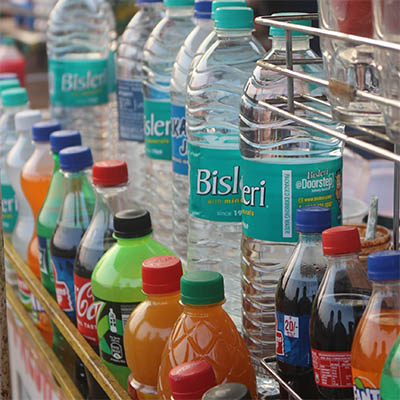
Tags: International Plastic Free Day, IOF Research Associates, Juan Jose Alava, microplastics, OPRU, plastic
Here are some clever tips on how to reduce your plastic use.
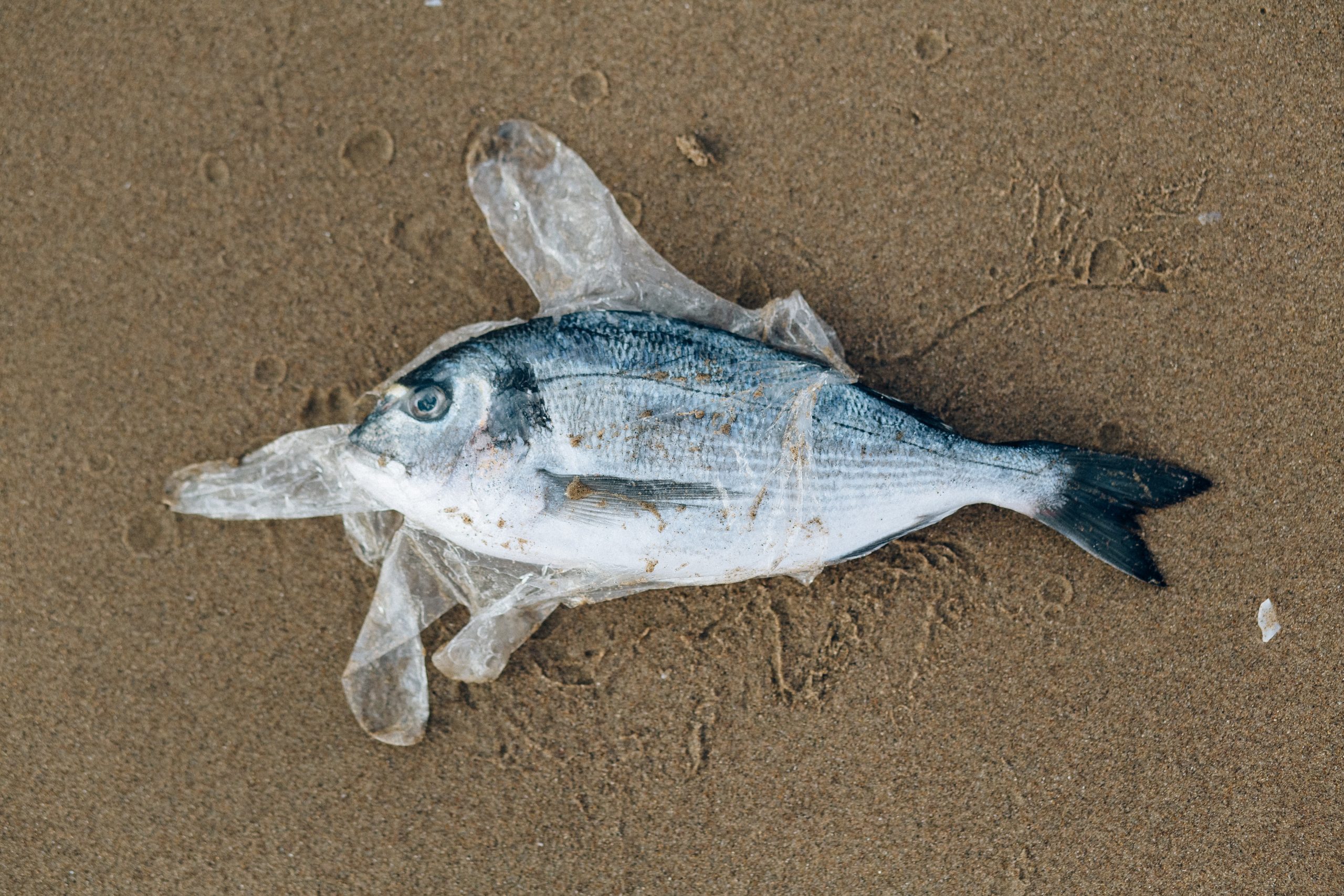
Tags: International Plastic Free Day, IOF Research Associates, Juan Jose Alava, microplastics, OPRU, plastic
Plastic is everywhere. It’s in our oceans, coastal areas, and buried deep in the soil. It’s in our food and our water, and wreaks havoc on the natural world around us.
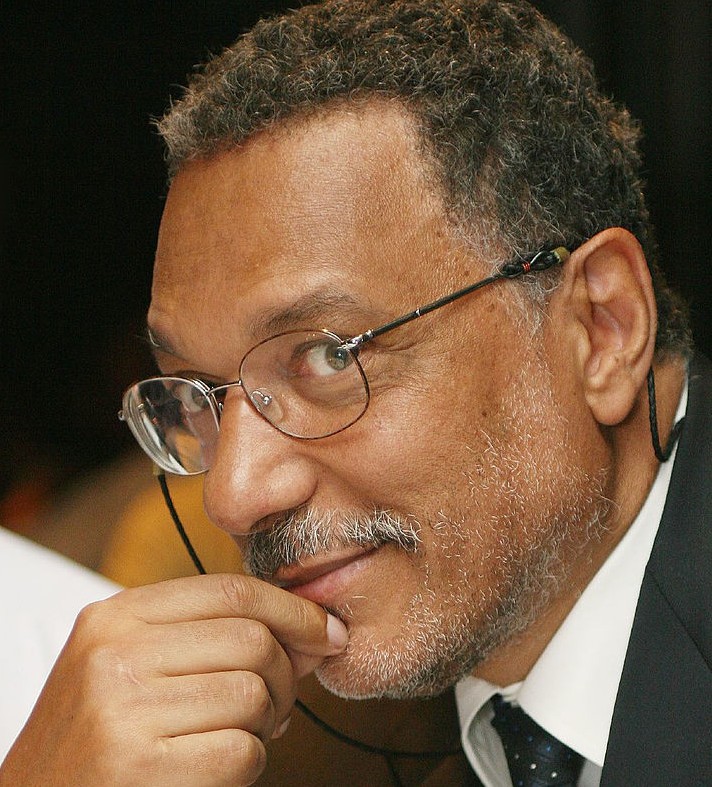
The University of Crete announced that Dr. Daniel Pauly, has been granted an honorary doctorate from the Department of Biology, School of Applied Sciences and Technology.
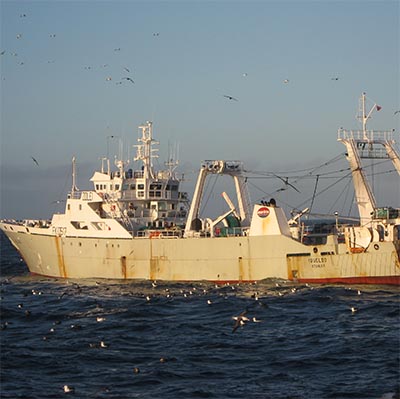
Tags: Anna Schuhbauer, Daniel Skerritt, FERU, fisheries economics, fisheries management, IOF postdoctoral fellows, Rashid Sumaila, Research, subsidies
Harmful fisheries subsidies are leading to more fishing vessels chasing fewer fish, resulting in adverse environmental and societal impacts.
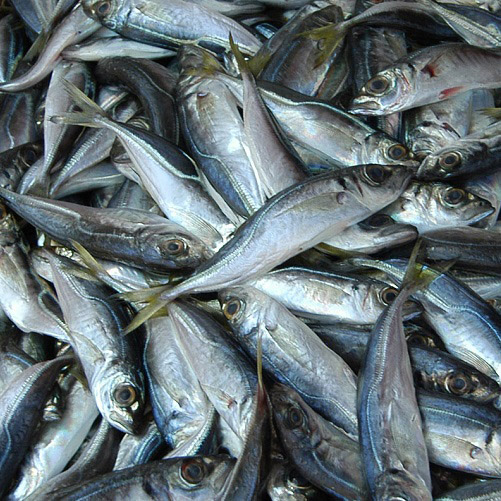
Tags: biology, Daniel Pauly, faculty, fish, Gill Oxygen Limitation Theory (GOLT), Research, Sea Around Us
Contrary to what is stated in biology textbooks, the growth of fish doesn’t slow down when and because they start spawning. In fact, their growth accelerates after they reproduce, according to a new article published in Science.
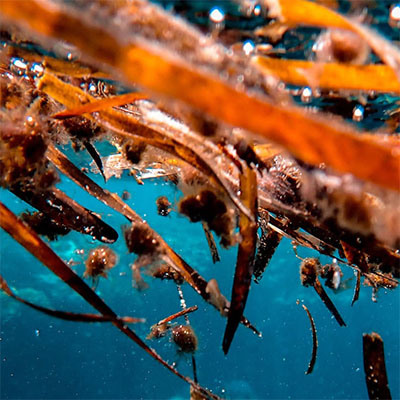
Tags: algae, Centre for Indigenous Fisheries, climate change, coral, IOF postdoctoral fellows, Sara Cannon, seaweed
The amount of macroalgae (the group to which seaweed belongs) covering coral reefs is not always an accurate indicator of human disturbance.
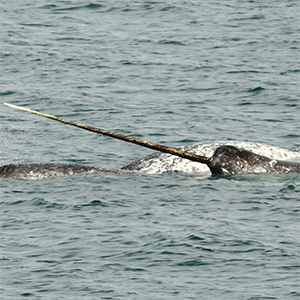
Celebrating some of the research that the Institute for the Oceans and Fisheries researchers has undertaken on the iconic marine creature with a tusk (tooth, actually) on its head — the narwhal.
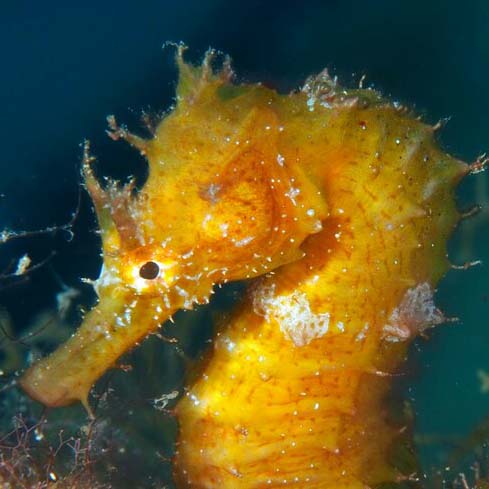
Tags: Amanda Vincent, citizen science, conservation, faculty, IOF Research Associates, iSeahorse, IUCN, Project Seahorse, Sarah Foster, seahorses
Dennis Rabeling's observation of the short-snouted seahorse (Hippocampus hippocampus) species, was citizen community science platform iSeahorse's 10,000th observation.
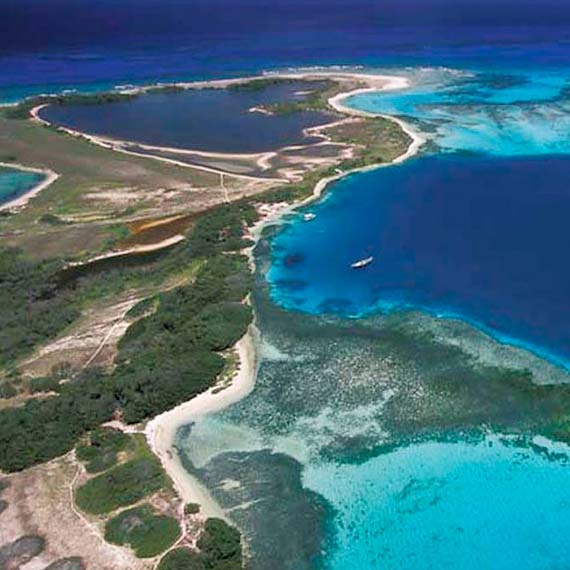
Most of the ‘paper parks’ - or MPAs that fall short of safeguarding marine biodiversity - are located in Latin America and the Caribbean.
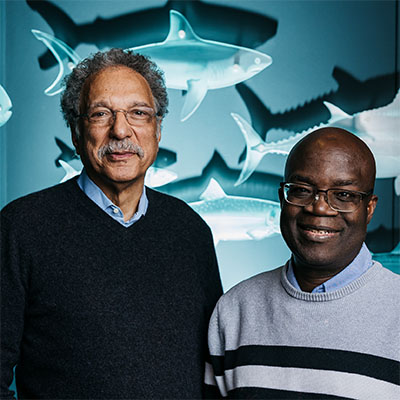
Tags: Daniel Pauly, International Day for the Elimination of Racial Discrimination, Rashid Sumaila, Sea Around Us
Dr. Daniel Pauly and Dr. Rashid Sumaila talk about race, career, and research.